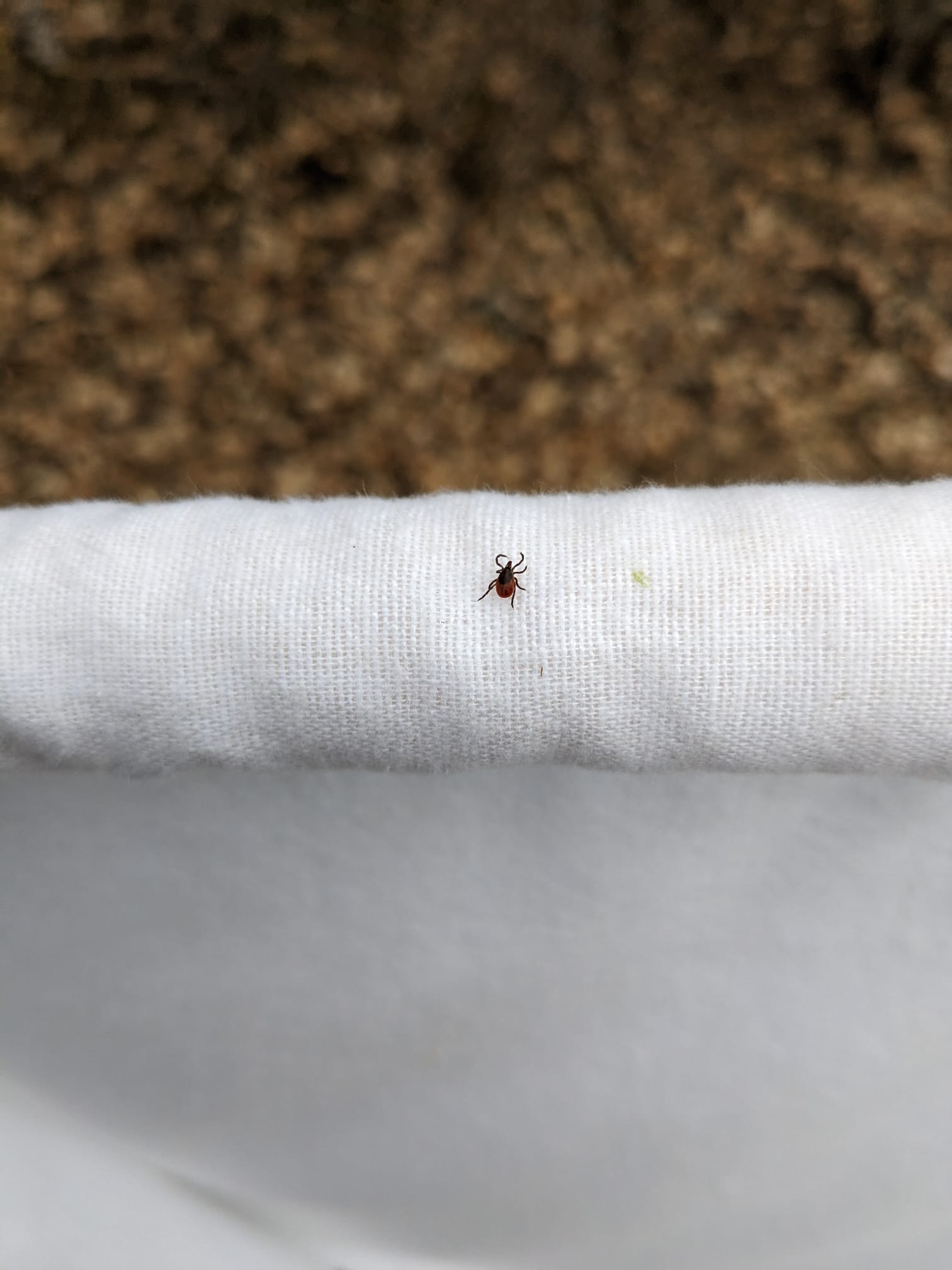Climate change is expected to impact macroecological processes and adaptive responses of wildlife, thereby increasing cross-species viral transmission and elevating the risks of zoonotic pathogen spillover to humans. More than 1000 pathogen transmission pathways are exacerbated by climatic hazards, accounting for approximately half of all known human diseases. The increasing risk of zoonotic outbreaks—from spillover to viral epidemics and pandemics—driven by climate change, poses a significant concern.
Research was reviewed examining the impact of climate change on zoonotic infections. 76.5% of studies focus on climate-sensitive, vector-borne diseases in humans (malaria, dengue, Zika, Lyme disease) and the associated impacts on vectors. This emphasis is likely to reflect the high disease burden and climate-sensitivity of ectothermic vectors and their pathogens.
The existing body of evidence includes the spatial and temporal patterns of vector-borne disease cases in humans, the distribution and abundance of vectors, their lifecycle, phenology, survival, vector competence, and host-pathogen interactions in relation to climate and thermal biology, and prevalence and spread in animal reservoirs. These insights have prompted public health organisations to invest in early warning systems for vector-borne diseases.
This comprehensive review benefits from the valuable insights provided by IDAlert partners, who bring expertise from climate-sensitive disease research to inform pandemic prevention and preparedness strategies in the context of a changing climate.



